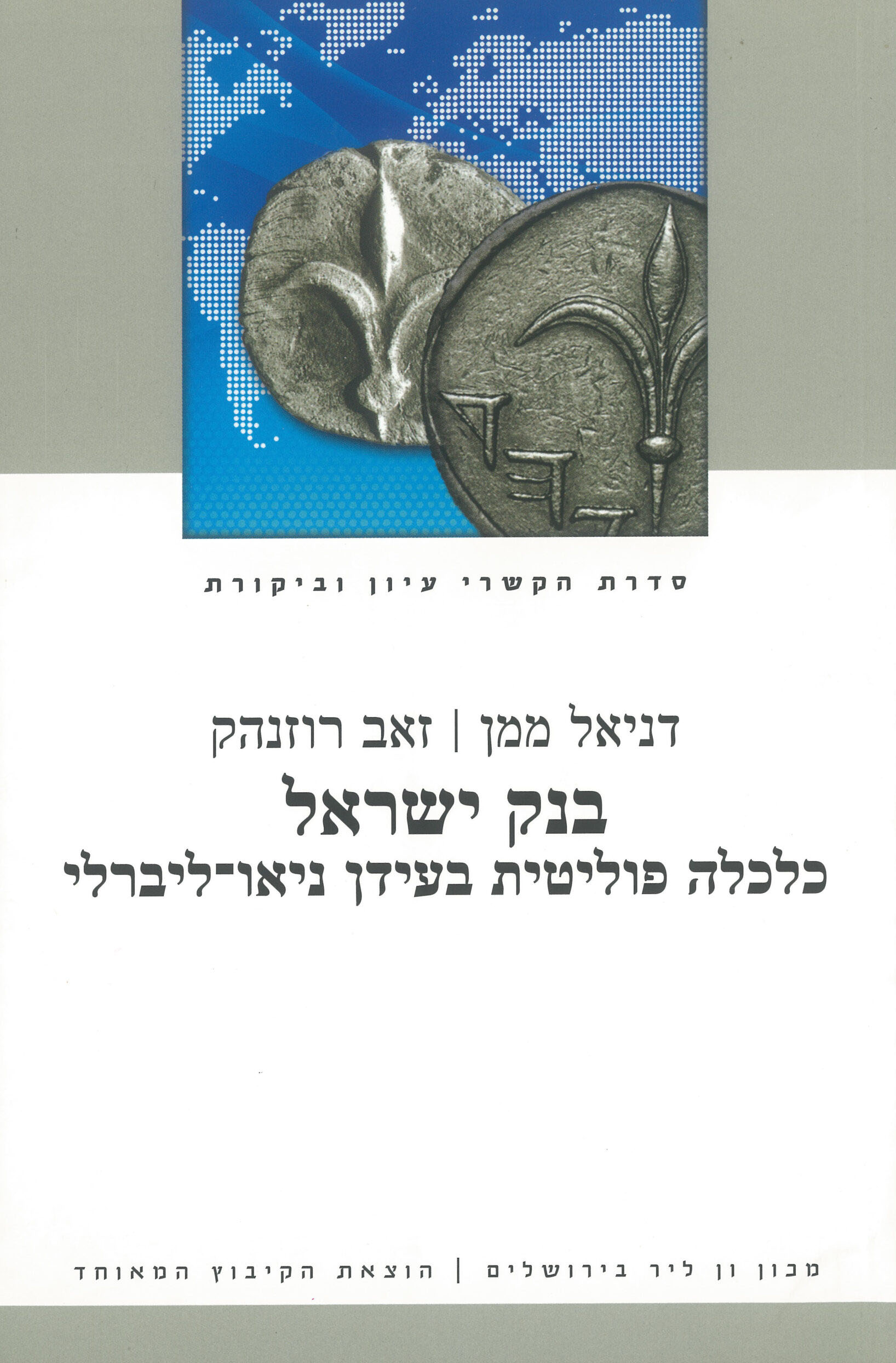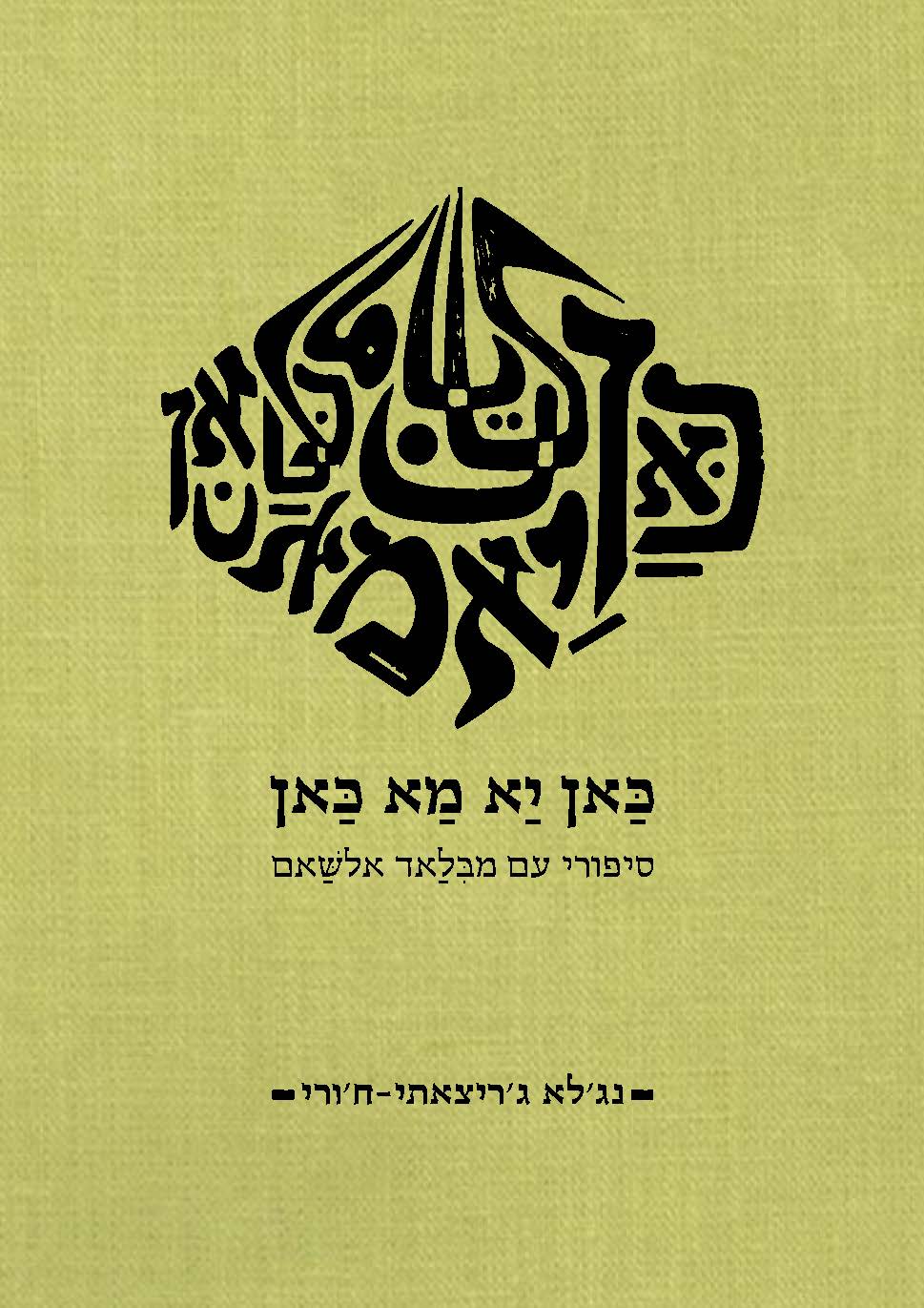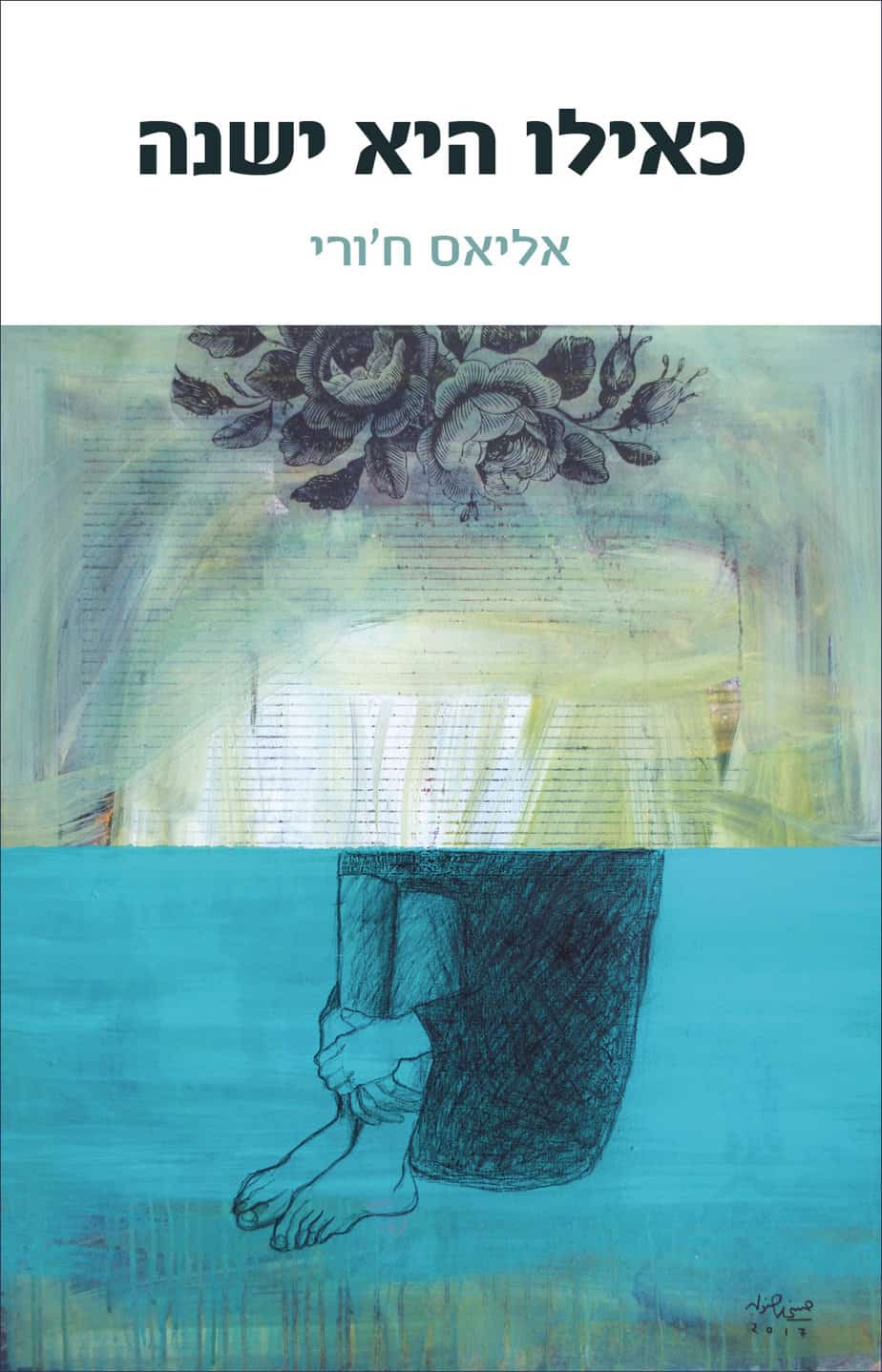The Bank of Israel
Political Economy in the Neoliberal Era
| By | Daniel Maman, Zeev Rosenhek |
| Publisher | Van Leer Institute Press and Hakibbutz Hameuchad |
| Language | Hebrew |
| Year of Publication | 2009 |
| Series | Theory and Criticism in Context Series |
In a gradual process that began in the middle of the 1980s, the Bank of Israel became a central player in the politico-economic field. As a state organization with a global network of cross-border connections, it played a central role in initiating and promoting arrangements and policy directions that underlie neo-liberal economics. The change in the status of the Bank of Israel was a basic element in the transition of the political economy in Israel from a model of a developing state to a neo-liberal model, with all its implications.
The Bank of Israel: Political Economy in the Neo-Liberal Era outlines and analyzes the political and institutional processes—both local and global—that led Israel’s central bank to a leading position and primarily the relation between these processes and their ramifications for the Israeli economy, politics, and society.




